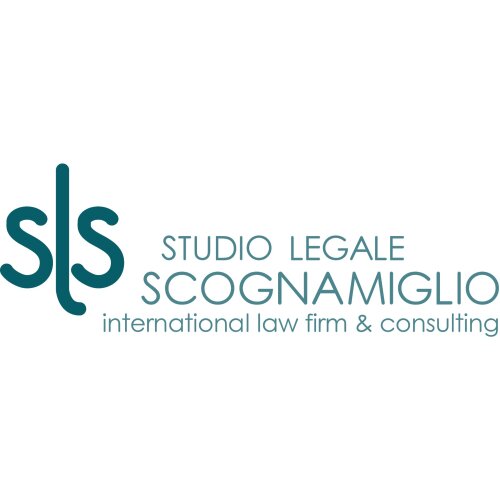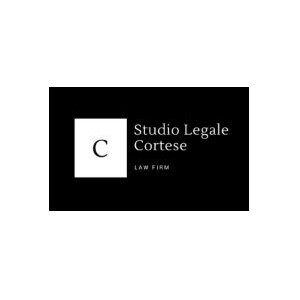Best Divorce & Separation Lawyers in Naples
Share your needs with us, get contacted by law firms.
Free. Takes 2 min.
Free Guide to Hiring a Family Lawyer
List of the best lawyers in Naples, Italy
About Divorce & Separation Law in Naples, Italy
In Naples, as in the rest of Italy, divorce and separation proceedings are governed by Italian family law. After the marriage, a couple can choose to separate, which is a stage before the final dissolution of marriage. The separation period can be mutual or judicial, and it lasts for a period of three years, after which the couple can apply for divorce.
Why You May Need a Lawyer
Divorce and separation proceedings can be emotionally draining, complex, and lengthy. Disputes over child custody, property settlement, or alimony can escalate quickly without the guidance of a professional. A lawyer can navigate the intricacies of family law, represent you in court, provide practical advice, and ensure that your rights are protected throughout the process.
Local Laws Overview
Divorce and separation laws in Naples fall under Italian law, which has specific requirements and processes. For instance, couples may choose to live separately for a period before applying for divorce. Also, the court considers many factors, such as children's wellbeing, financial capabilities, and each spouse's health while determining custody and alimony.
Frequently Asked Questions
1. How long does a divorce procedure take in Naples?
After a three-year separation period, the divorce procedure typically takes about one year to be finalized, depending on the complexity of the case.
2. Do I need to attend court proceedings?
Yes, presence in multiple hearings is often required. However, a lawyer can represent you if you can't be there.
3. How is property divided after divorce?
Under Italian law, any property or assets acquired during marriage are generally split equally. However, the court will consider many factors in its decision.
4. How is child custody determined?
Italian courts prioritize the best interest of the child. They consider factors like the parental bond, the capacity to provide, and the child's preferences if they are old enough to provide reasonable input.
5. Can an international divorce be recognized in Italy?
Yes, an international divorce can be recognized in Italy, but certain conditions must be met for such recognition, for example, the foreign judgment must be valid in the issuing country.
Additional Resources
You might find help in organizations like Avvocati Matrimonialisti Italiani, Association of Family Lawyers in Italy, and the local Naples' Bar Association. Websites like Justice.Gov.It provide extensive details about Italian Family Law.
Next Steps
If you need legal assistance for divorce or separation in Naples, start by consulting with a local family law attorney. You can find reliable lawyers through the Naples' Bar Association or through private law firms. Make sure the lawyer you choose has experience with divorce and family law. Discuss your situation in detail with your lawyer to better understand your legal standing and available options.
Lawzana helps you find the best lawyers and law firms in Naples through a curated and pre-screened list of qualified legal professionals. Our platform offers rankings and detailed profiles of attorneys and law firms, allowing you to compare based on practice areas, including Divorce & Separation, experience, and client feedback.
Each profile includes a description of the firm's areas of practice, client reviews, team members and partners, year of establishment, spoken languages, office locations, contact information, social media presence, and any published articles or resources. Most firms on our platform speak English and are experienced in both local and international legal matters.
Get a quote from top-rated law firms in Naples, Italy — quickly, securely, and without unnecessary hassle.
Disclaimer:
The information provided on this page is for general informational purposes only and does not constitute legal advice. While we strive to ensure the accuracy and relevance of the content, legal information may change over time, and interpretations of the law can vary. You should always consult with a qualified legal professional for advice specific to your situation.
We disclaim all liability for actions taken or not taken based on the content of this page. If you believe any information is incorrect or outdated, please contact us, and we will review and update it where appropriate.











